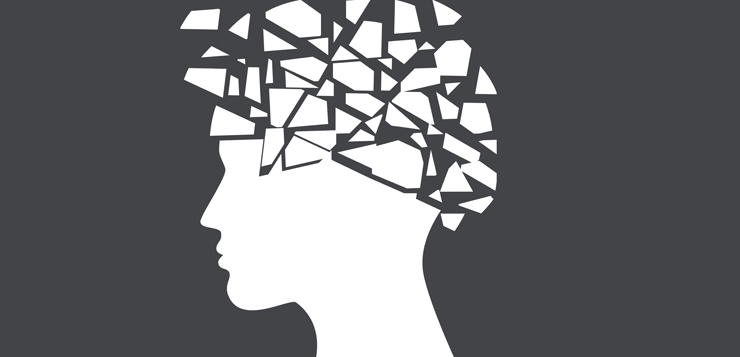Meditations and Learnings
Meditations and Learnings
Can We Inherit Trauma?

Authors of a study on Civil War prisoners came to the conclusion that the children of abused war prisoner were 10% more likely than their peers to die any year after middle age. This, they deduced, was an epigenetic phenomenon. The trauma suffered by the parents was said to have chemically marked the genes such that their expression (the way the genes is converted from DNA into RNA) was altered. The gene itself remains as untouched - this is not a genetic alteration, but an epigenetic one.
Our current understanding of biology has no explanation for how this could even be true, but epigeneticists feel that their myriad studies (some conducted with the descendants of Holocaust survivors and victims of severe poverty) are speaking to something even if the biologists can’t yet say what.
It is a significant challenge to devise and test a mechanistic theory which explains how changes in the brain caused by experiencing abuse can be communicated to sperm or egg cells before conception. This is compounded by the fact that once a sperm penetrates an egg cell the two undergo a process of cleansing which strips away most chemical marks on the genes. One final hurdle is that these apparent chemical alterations, having survived all of that, must persist through the mess of genetic reshuffling which occurs as cells specialise into all of the 200 types of cells in the human body, including red blood cells, skin cells, and brain cells.
Perplexing to me is the fact that many people love the notion that biological remnants of our ancestors’ pain are within our very own bodies. But they do. Unfortunately for them though, while the idea is apparently appealing, the evidence is (to be generous) scant. There may well be something there, but until we have a lot more than tenuous observation it is a theory that those trying to justify a victim mentality would do well to drop.